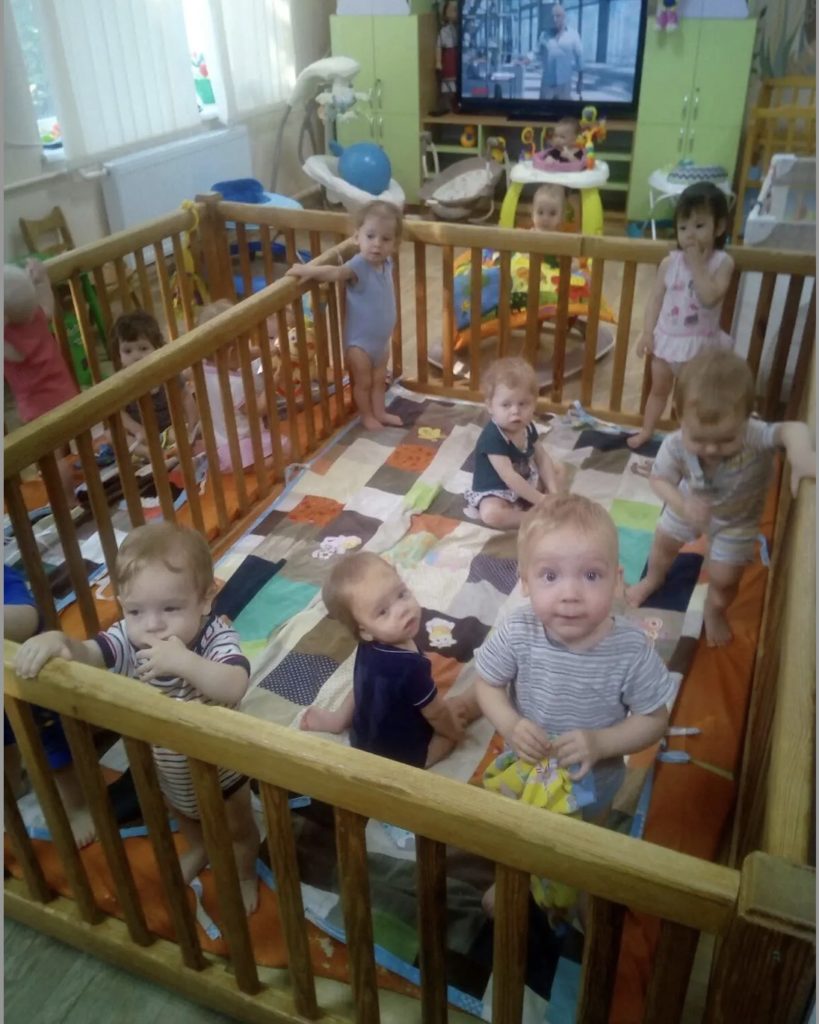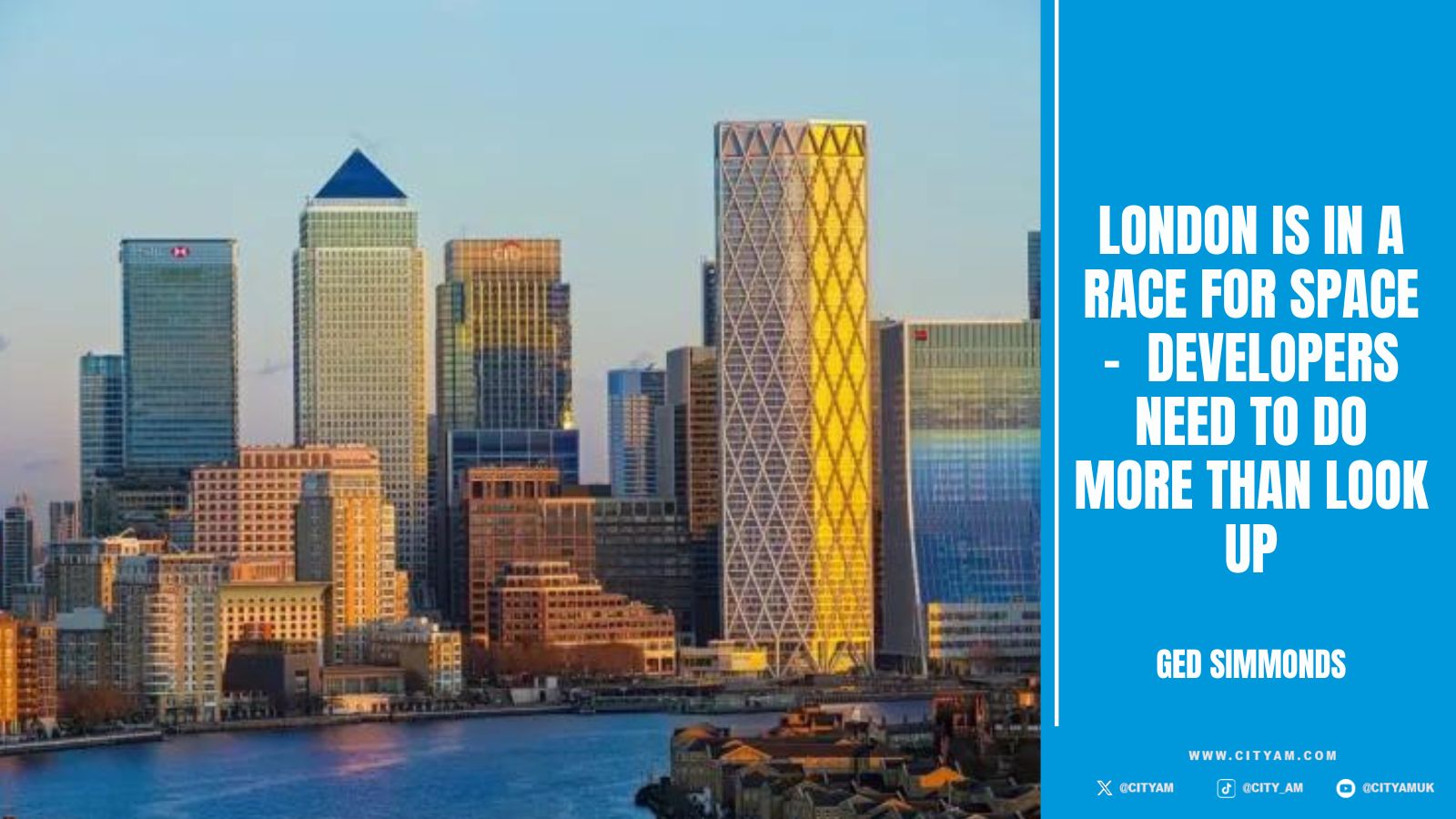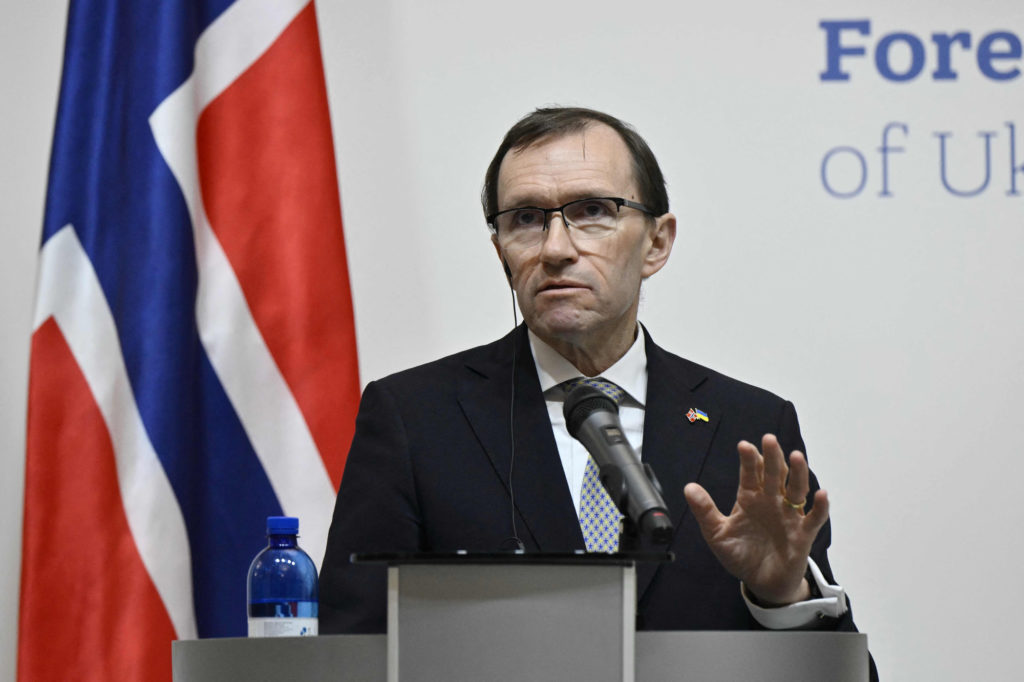NYT: Russians illegally move Ukrainian children from Kherson foster home to annexed Crimea
The New York Times identified 22 children out of 46 from Kherson Children’s Home, now listed for adoption in Russia, all of whom Russian authorities forcibly took to annexed Crimea before Kherson was liberated from Russian occupation in 2022; some of the kids still have their birth parents alive in Ukraine.


The New York Times reveals evidence that shows that the transfer of Ukrainian children from state-run foster homes to Russia is part of a broader, systematic campaign by Russian authorities to strip Ukrainian children of their national identity.
The New York Times identified 22 Ukrainian children from Kherson Children’s Home taken and now listed for adoption in Russia. Their adoption profiles do not mention Ukraine as their country of origin.
What happened to Ukrainian children on Russia-occupied territories may amount to a war crime as Russian actions violate the Convention on the Rights of the Child. The International Criminal Court issued arrest warrants for President Vladimir Putin and Russia’s commissioner for children’s rights, Maria Lvova-Belova, accusing them of illegally deporting Ukrainian children to Russia.
Story of Kherson Children’s Home
When the full-scale invasion started in 2022, the employees of the Kherson Children’s Home, a state-run foster home for children with special needs, brought 46 kids to a nearby underground shelter. Later, a church pastor offered to move them to the basement of Holhofa Church, where there was heat, electricity, and food.
However, on 25 April 2022, Russian officials found children hiding in the basement and took them under their own authority, eventually moving them 180 miles from home while filming them for propaganda.
During Kherson’s occupation, Russian propagandist channels filmed in the Children’s Home praising Russian “liberation.”
Ukrainian officials tried to rescue these children from occupied Kherson but could not find a way and blamed Russia for refusing to open a humanitarian corridor for civilians.
When Ukrainian forces began a military campaign to retake Kherson City in fall 2022, Russian officials decided to hastily remove the children from the foster home and send them to Russia. The kids were taken to Crimea and divided between two children’s facilities. Later, Russian authorities listed them for adoption.
Russian war crimes against Ukrainian children
While Russian officials argued that the removal was an act of humanitarian intervention, human rights experts say it is a forcible transfer under international humanitarian law and a blatant war crime.
In his televised pronouncements, Putin made it clear that he sought the complete cultural assimilation of Ukrainian towns and cities he believed were historically Russian.
After the full-scale invasion, Russia’s president issued a decree that eased citizenship requirements for Ukrainian foster children and orphans in occupied regions so that children could become Russian citizens in 90 days or less instead of up to five years as it was earlier. He also said that biological parents could return their children only if they travel to Russia to claim them.
The new Russian caregivers took steps to formally integrate the Ukrainian children into Russian society, even though some of them had birth parents in Ukraine who still had legal rights. Russians change their names and assign them Russian citizenship and social security numbers.
At least two of the children have been placed with Russian families, according to child services in Crimea. Only seven children from Kherson Children’s Home were returned to Ukraine with the help of Ukrainian authorities and third-party Qatari mediators.
Read more:
Not only Putin and Lvova-Belova: all Russians deporting Ukrainians must be prosecuted
Ukrainian volunteers help family escape Russian occupation in Kherson Oblast
Protesters rally in The Hague demanding trial for Putin
You could close this page. Or you could join our community and help us produce more materials like this.
We keep our reporting open and accessible to everyone because we believe in the power of free information. This is why our small, cost-effective team depends on the support of readers like you to bring deliver timely news, quality analysis, and on-the-ground reports about Russia's war against Ukraine and Ukraine's struggle to build a democratic society.
A little bit goes a long way: for as little as the cost of one cup of coffee a month, you can help build bridges between Ukraine and the rest of the world, plus become a co-creator and vote for topics we should cover next. Become a patron or see other ways to support.


